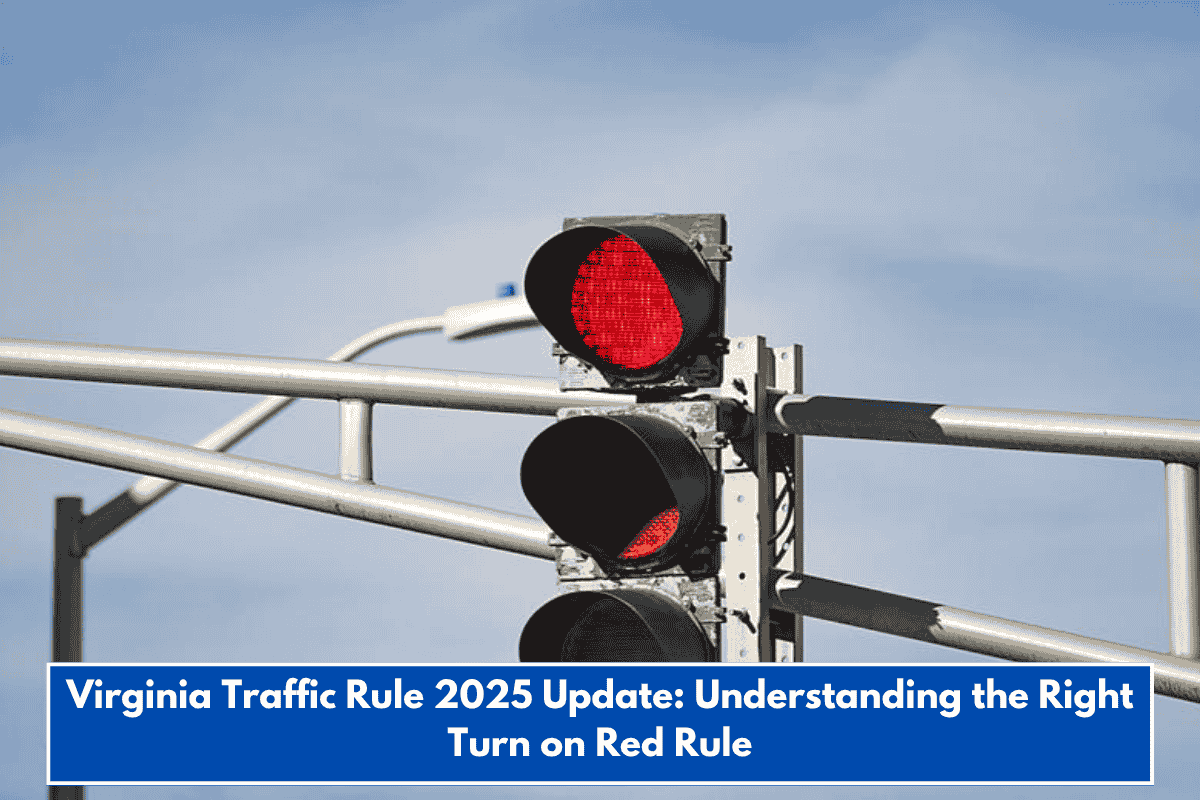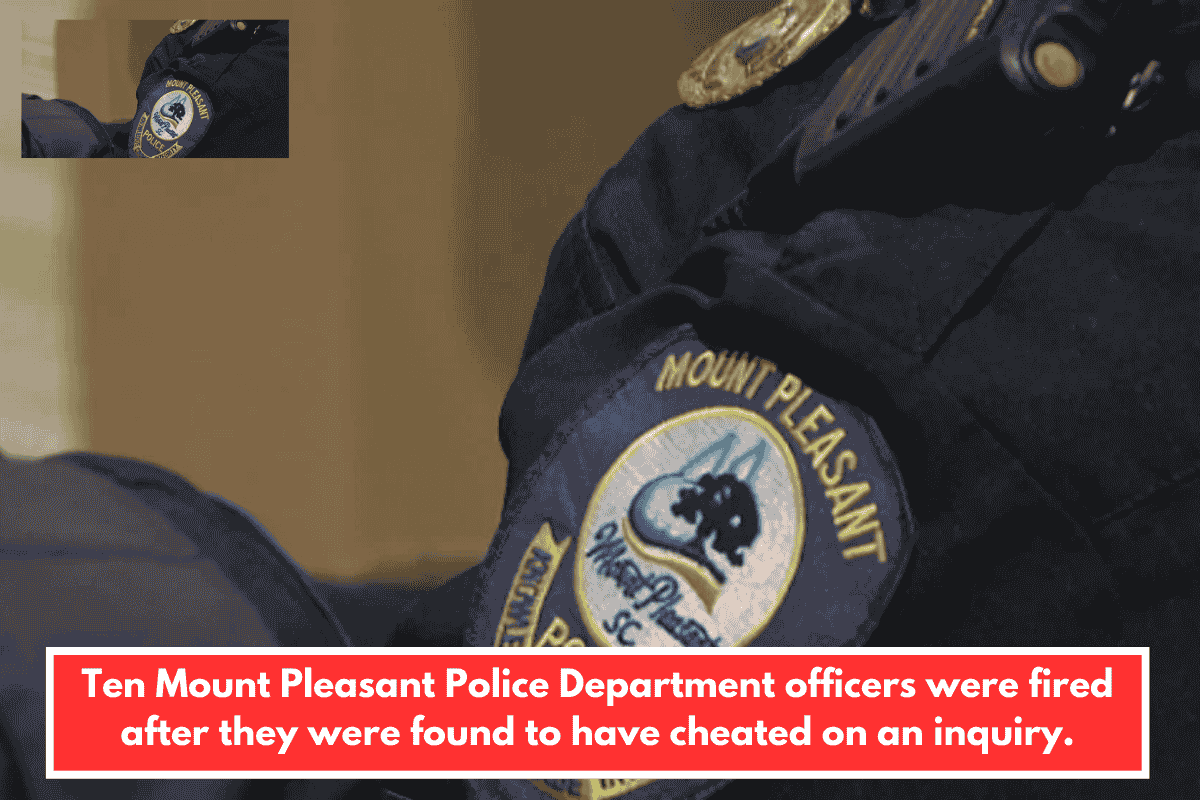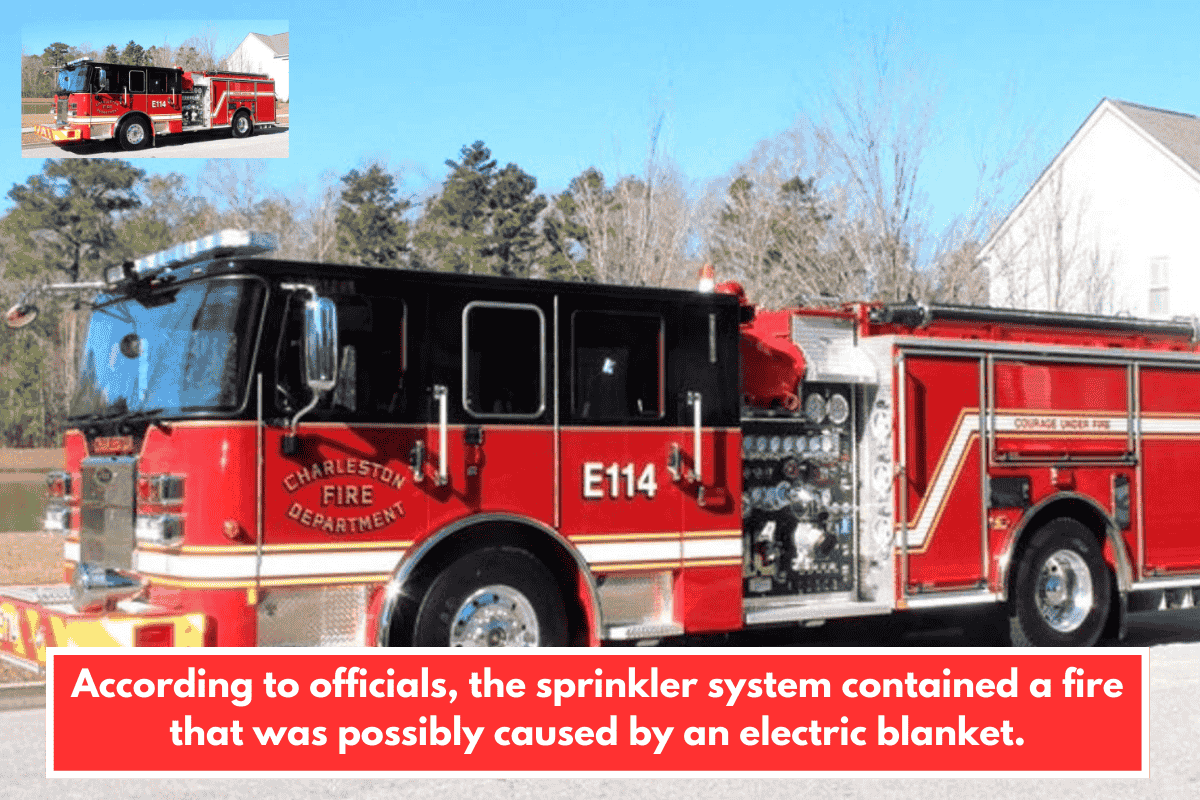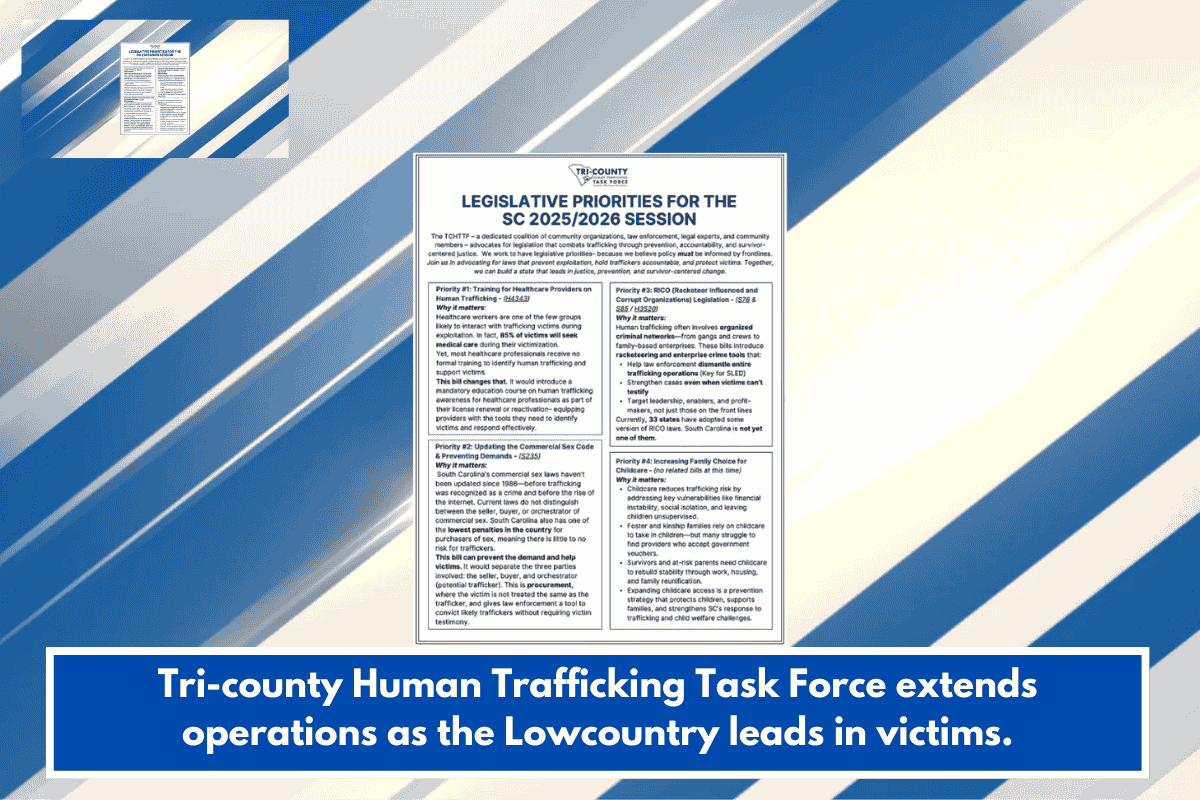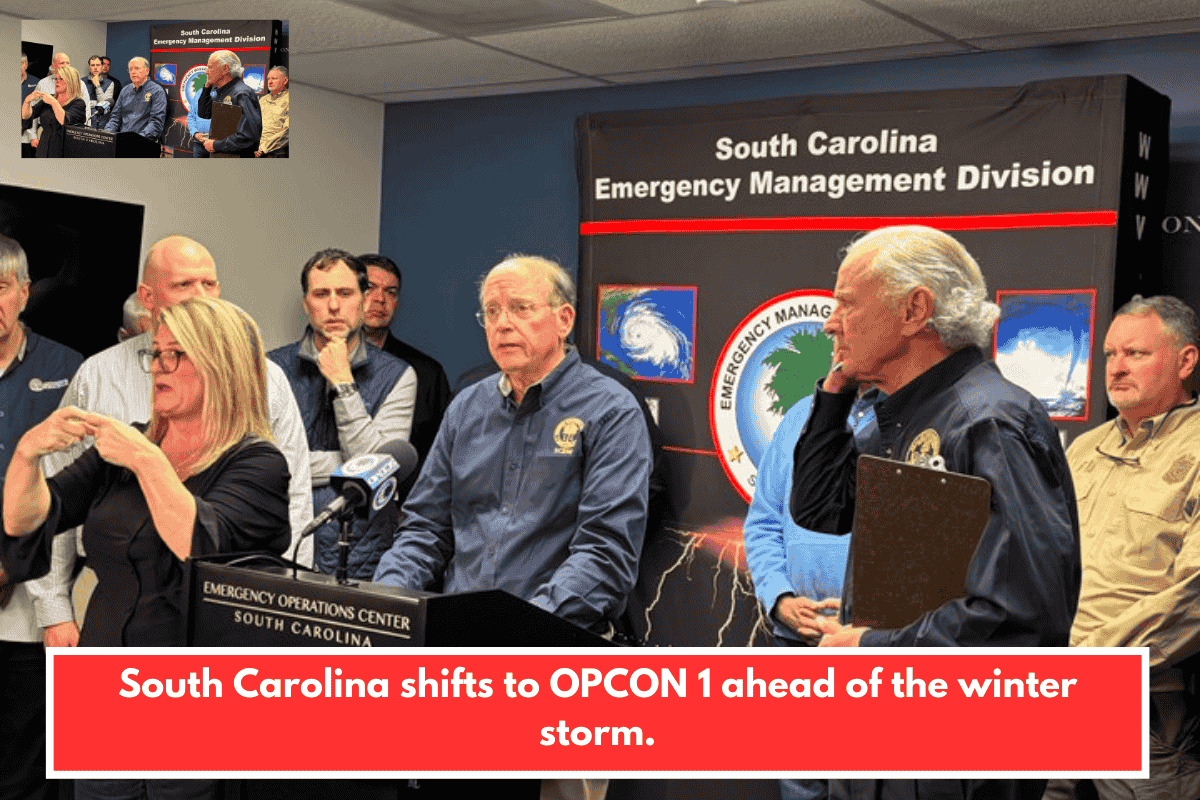Dumpster diving, the practice of searching through trash bins for items that can be reused or recycled, has grown in popularity in recent years. While it can be a way to find discarded food, furniture, or even electronics, it also raises important legal and ethical questions. If you’re considering dumpster diving in Nevada, it’s crucial to understand the laws surrounding this practice to avoid potential legal issues. In this article, we’ll explore whether dumpster diving is illegal in Nevada and what legal implications you should be aware of.
Is Dumpster Diving Illegal in Nevada?
The short answer is that dumpster diving is not specifically illegal in Nevada, but it depends on various factors, such as local laws, trespassing regulations, and whether or not you have permission to access the dumpster. While there isn’t a statewide law banning dumpster diving, there are rules that may make the practice illegal in certain circumstances.
Key Legal Considerations for Dumpster Diving in Nevada
- Trespassing Laws:
One of the most important considerations when dumpster diving in Nevada is trespassing. Even though dumpsters are often placed in public areas, they are typically located on private property. Entering private property without permission is considered trespassing, which is illegal in Nevada. If you’re dumpster diving behind a store, restaurant, or apartment complex, you’re technically trespassing unless the owner has given explicit permission for you to access their dumpster.- Trespassing Penalties: In Nevada, trespassing can result in fines or even jail time, depending on the severity of the offense. For a first offense, penalties may include a fine or a warning, but repeated offenses or trespassing on private property with the intent to steal can lead to criminal charges.
- Theft Laws:
Even though dumpster diving is often seen as “free picking,” it can still lead to legal trouble under theft laws. If you take items from a dumpster that do not belong to you and the items are clearly still the property of the business or individual (such as newly discarded merchandise), you could be charged with theft.- Theft Penalties: Theft in Nevada can result in varying penalties depending on the value of the items taken. If the stolen items are valued at $1,200 or more, it could be considered grand larceny, a felony that carries significant penalties, including jail time.
- Health and Safety Regulations:
Health and safety concerns also play a role in dumpster diving. Some items, particularly food, may be discarded improperly or could pose a health risk if consumed. While it’s not illegal to take discarded food, consuming food from dumpsters may be dangerous due to contamination, spoilage, or exposure to hazardous materials. Some cities in Nevada may have regulations or ordinances in place that specifically address food safety and prohibit the taking of food that has been discarded. - Local Ordinances and City-Specific Rules:
While the state of Nevada does not have a law directly addressing dumpster diving, local ordinances may apply. Cities like Las Vegas, Reno, or Carson City may have more specific rules about dumpster diving and scavenging. Some municipalities may regulate waste disposal, including fines for scavenging through commercial dumpsters. It’s essential to check local rules before engaging in the practice.- Las Vegas: In Las Vegas, for example, certain commercial properties may have signs posted that specifically prohibit dumpster diving or trespassing. Violating these rules could result in fines or removal by law enforcement.
- Dumpster Diving for Recyclables:
Recycling laws in Nevada may also impact dumpster diving. For instance, if you’re digging through a recycling bin or dumpster specifically to collect recyclables (such as bottles, cans, and cardboard), you could be legally allowed to take those items in some cases. However, be aware that certain locations may require permits to collect recyclables, especially in commercial areas. Always check the local recycling guidelines before collecting discarded materials.
What You Should Do to Avoid Legal Issues:
- Get Permission:
If you’re planning to dumpster dive in Nevada, the safest approach is to get explicit permission from the property owner or business. This eliminates any concerns about trespassing and ensures that you can freely search through the dumpster. - Be Mindful of Private Property:
Always be aware of the property where the dumpster is located. Dumpster diving is only permissible if you’re on public property or have permission to access private property. Avoid entering fenced or gated areas, as these are often considered off-limits. - Avoid Stealing Items:
Be mindful of what you’re taking. If you find an item in a dumpster that is clearly the property of the business or individual, refrain from taking it. Taking something from a dumpster that isn’t abandoned or discarded can lead to theft charges. - Stay Safe:
Always take safety precautions when dumpster diving. Make sure the items you’re collecting are safe to use and that you’re not putting yourself at risk of injury, contamination, or exposure to hazardous materials.
In Nevada, dumpster diving is not outright illegal, but it is subject to certain restrictions based on trespassing, theft, and local ordinances. To avoid legal issues, make sure you have permission to access the dumpster, avoid taking items that aren’t discarded or abandoned, and be aware of local rules that may apply. While dumpster diving can be a cost-effective way to find useful items, it’s important to always prioritize safety and legality.
SOURCES
[1] https://calvet.pl/bgcqvfn/qoc/hdnmu/
[2] https://www.reddit.com/r/DumpsterDiving/comments/157cben/confused_about_legality/
[3] https://www.shouselaw.com/nv/blog/laws/is-dumpster-diving-illegal-in-las-vegas/
[4] https://scrapsafari.com/dumpster-diving-in-nevada/
[5] https://courtroomproven.com/blog/is-it-legal-to-dumpster-dive-in-las-vegas/

